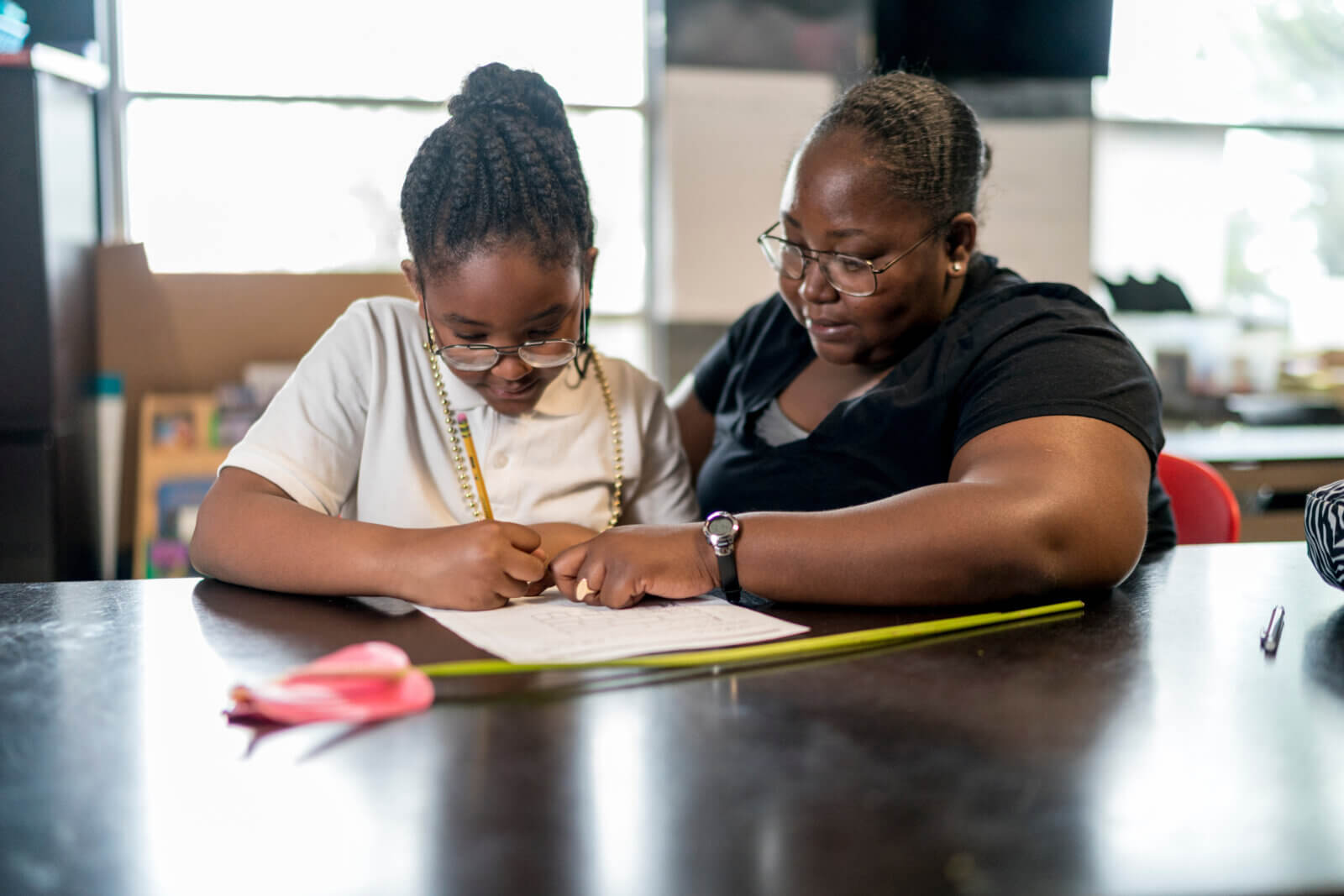Understanding The Problem
Homelessness has a face. And it might not be what you think.

The facts
Atlanta is home to over a quarter of the state’s homeless population of nearly 10,000
Of the vulnerable men, women, and children we serve every day:
81%
have experienced physical or sexual abuse
58%
report symptoms of trauma
57%
have a chronic medical condition
55%
spend their free time alone
46%
are under/ unemployed
30%
report drug or alcohol abuse
What does “home” look like when you don’t have one?
There are over *2,600 people experiencing homelessness in our community. While many of them find shelter most nights, as many as *700 of them are considered “unsheltered.” These are our neighbors and they’re living in deplorable conditions:
*Based on 2023 PIT count
For Michael, it was a piece of cardboard and a blanket under a bridge near Howell Mill Road.
For Henry, an abandoned warehouse, where he slept on the floor with others struggling with addiction.
For single mom Laura and her 8-year-old son, a dark, dank, rat-infested garage.
Myths vs. Truths
Myth:
Homeless people don’t want to change.
Truth
Last year, we had 667 people complete a needs assessment (asking for help), 275 people graduated the Make Progress part of our program, and 329 ended their homelessness. You can read about our full Transformation Model here.


Myth:
Bad choices led them to homelessness.
Truth
People face homelessness for a variety of reasons, and one of the most common things we see is a lack of trustworthy relationships, not bad choices. For many people facing homelessness, there is a history of trauma and unhealthy relationships in their past and they haven’t been able to properly deal with it. Read why building trustworthy relationships is so important to those facing homelessness.
Myth:
Homeless people don’t want to get a job.
Truth
Beginning in June 2019, Atlanta Mission partnered with Cara, a leading Chicago-based workforce development enterprise, to integrate their vocational training and job placement model, which achieves 70% one-year job retention rates at a livable rate of pay. Through our Next Steps vocational program, we’ve had hundreds of graduates thus far and plan to see many more each year.


Myth:
The majority of people experiencing homelessness abuse alcohol and drugs.
Truth
Of the vulnerable men and women we serve, 1,038 have experienced drug or alcohol abuse. The National Coalition for the Homeless reports that “38% of homeless people are alcohol dependent, and 26% are dependent on other harmful chemicals.” It is certainly not the majority, and we have counselors ready to help those looking to overcome their addictions. Plus, The Potter’s House, our facility in Jefferson, GA, focuses on helping men facing alcohol or drug addiction.
Homelessness is a temporary circumstance, not a permanent condition.
It could happen to anyone in the blink of an eye. Nobody deserves to endure a life of pain, hunger, and uncertainty.

Breaking the cycle
Last year, over *3,600 people came to Atlanta Mission seeking shelter.
Every person facing homelessness has their own story of the circumstances that left them without a home, including job loss, trauma, tragedy, violence, addiction, or other health problems.
We’re committed to helping our clients identify the root causes of their homelessness and overcome any traumatic experiences so that by the time they leave our facility, they are equipped with the tools they need to be independent and the encouragement they need to permanently break the cycle of poverty in their lives.
*Statistic as of CY2022












